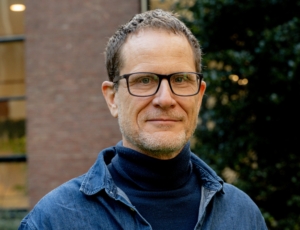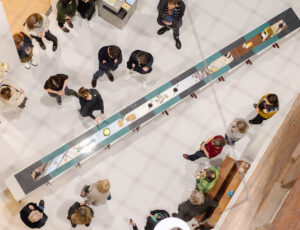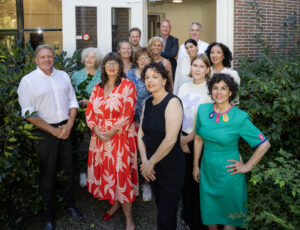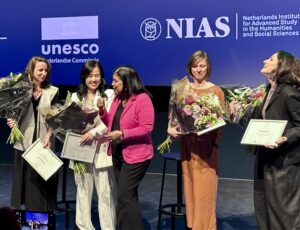About the Seminar: Resistance, Liberation and Reconciliation
In her talk, Luisa focused on the performance mechanisms practiced in Palestine-Israel that address post-memory narratives and traumatic experiences, including Augusto Boal’s Theatre of the Oppressed, Playback Theatre and cultural resistance. Drawing on fieldwork conducted last December with the Jenin Freedom Theatre and Combatants for Peace, the role of acknowledgement and the multiple forms of occupation will be explored, before the ultimate question of how far culture can facilitate reconciliation in the region?
About Luisa Gandolfo
Dr. Luisa Gandolfo is Lecturer in the Department of Sociology at the University of Aberdeen, where her research focuses on post-war reconciliation, identity and socio-cultural practices in the Middle East and North Africa, with particular foci on Palestine-Israel and Tunisia. In her current capacity as a EURIAS-NIAS Fellow, her work focuses on the juxtaposition of artistic practices and cultural memory in Palestine-Israel, and the intersection of death, loss, trauma and postmemory.




